Division of Systems Innovation Engineering

In this time of the fourth industrial revolution, our existing industrial society is continuing to see great change due to the IoT and AI, making it necessary to develop education and research that will foster talented personnel who can grasp people, society, and industry in its entirety as a system rather than developing and improving existing elemental technology, and have both highly specialized and extensive knowledge. The Division of Systems Innovation Engineering carries out research and education in a wide range of areas related to electrical and electronic communication, computer science and intelligent systems, mechanics, civil and environmental engineering, and their interfaces, in order to pioneer cutting-edge new technology and integrated technology; we aim to foster highly specialized engineers and researchers who can contribute to the move to a “sustainable society” to solve the environmental and energy crisis, handle the “ubiquitous society” with a high level of digitization, construct the intelligent “mechanical systems” of the future, and contribute to the maintenance of “civil engineering,” the pillar of safety and stability.
Electrical, Electronic, and Communication Engineering Area
In this area we carry out high-level research and education based on the latest academic research results in the Electrical, Electronic, and Communication Engineering areas below, fostering engineers and researchers who have a high level of knowledge and can undertake independent research.
The Communication and Electronic System Engineering area offers education and research related to wireless communication systems, digital signal processing systems, and measurement and control systems, which are all indispensable to the growth of the electronic information industry
.The Electronic Device Engineering area studies the characteristics and physical properties of magnetic materials and electronic materials, as well as providing education and undertaking research relating to magnetic devices, high frequency devices, and optical devices where these materials are used.
The Electrical Energy Engineering area carries out research on solutions to electrical energy generation and the environmental issues it causes using plasma technology, offering education and research relating to electric insulation indispensable to electrical energy generation, etc.
Mechanical Engineering Area
We foster engineers and researchers who have a high level of knowledge and the ability to carry out independent research, by providing high-level education and research opportunity based on the latest academic research results in the three areas below:
In the Aerospace area, we carry out cutting-edge research on technology that will allow the efficient flight and propulsion of aircraft, rockets, and spacecraft, system control technology to improve the control of movement and efficiency of flight, and technology that will improve life expectancy, heat resistance, and functionality of materials used in aerospace vehicles.
In the Bio-robotics area, we undertake cutting-edge research on sensing technology and control technology that supports people’s lifestyles, medical robots, robots that support the independence of the elderly and people with a disability, and underwater robots used for investigating and managing the ocean and fishing industry.
In the System Design area, we carry out cutting-edge research focusing on the following topics: optimal design of processing systems, refinement of processing accuracy, optimization of processing condition, and optimization technology of thermal-fluid systems and natural energy systems that are affected by fluid phenomenon, mechanical structure and surface texture in a compound manner.
Computer Science and Intelligent Systems Area
In our modern society, changing rapidly thanks to the Internet and surrounding information technology, the study of computer science and intelligent systems is responsible for the core technology of the computer systems necessary to maintain and develop our affluent society.
The Computer Science and Intelligent Systems Area specialism aims to foster highly specialized professionals and researchers who, by creating intelligent systems, can lead the research and development of new computer systems to support people’s day-to-day activities. In order to develop high-performance systems that can cope with our changing world, we offer education and research on highly efficient algorithms based on graph theory, which rapidly solve problems that are common in the real world, including optimization and tallying, intelligent information processing systems that efficiently process sound, optics, images, etc. by focusing on the characteristics of their qualities and sense of hearing, and intelligent systems based on modelling a target. We also give our students the capacity to design these systems.
Social Infrastructure and Environmental Engineering Area
In the Social Infrastructure and Environmental Engineering Area, we offer deeper insights into specialized fields relating to social infrastructure and environmental engineering, and provide high-level education and research in the field of engineering based on the latest academic research results in the areas of Construction Engineering, Environmental Engineering, and Disaster Prevention Engineering, in order to construct social infrastructure and environmental systems that connect people to society and industry. We cultivate the ability to identify tasks, formulate complete plans, and display originality in carrying out and analyzing research; we also foster highly specialized engineers and researchers who will play leading roles in maintaining social infrastructure, taking into consideration the viewpoints of construction, the environment and disaster prevention, which we believe will be requested more and more in the future.
In Construction Engineering, we offer education and research that enables students to construct social infrastructure, linked to the clarification of the characteristics of geological features and soil quality, the development of evaluation methods for slope stability, the development of methods for analyzing the dynamic response of structures, analyzing composite structures and measuring earthquake resistance, the development of building materials excellent for durability and economy, and the development of methods to effectively use construction waste.
In Disaster Prevention Engineering, we provide education and research that will enable students to build a safe, secure society, linked to the analysis of the characteristics of ground vibrations, the analysis of the structural form of active faults, the clarification of generation mechanisms – including those of earthquakes, volcanic eruptions, slope failures, tsunamis, and floods – and the development of disaster prevention systems.
In Environmental Engineering, we offer education and research so that our students can build a sustainable environment and society linked to the production of environmental plans to create local environments that take into account ecosystem preservation, the systemization of urban regeneration planning methods, the development of pollution control for water quality and the soil, the development of technology for environmental conservation and restoration, and the development of planning and management methods for transportation systems, and universal design, which will enable the creation of safe localities and streets that are friendly to the elderly and the disabled.
The following teachers are waiting for you in this course
-
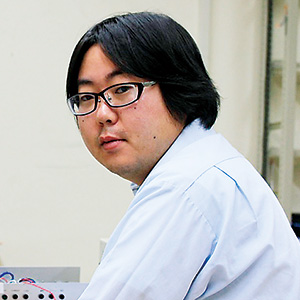
AKIYAMA Masahiro
-
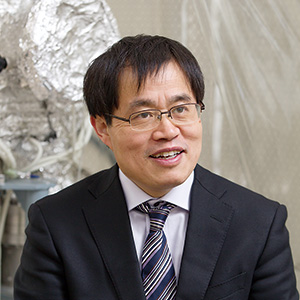
YE Rongbin
-
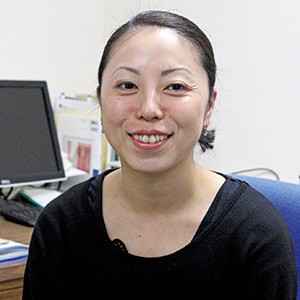
ISHIKAWA Nao
-
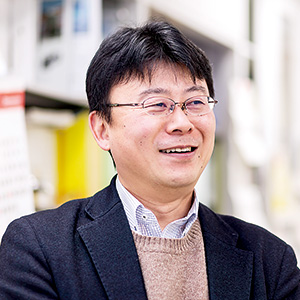
ITO Ayumi
-
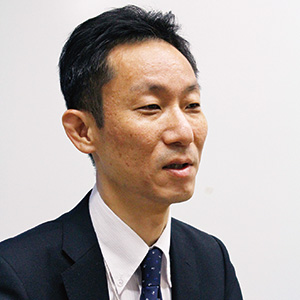
UENO Kazuyuki
-
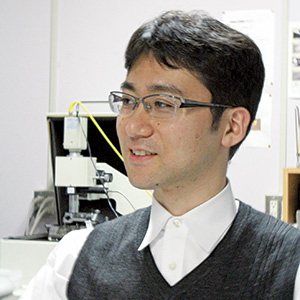
UCHIDATE Michimasa
-
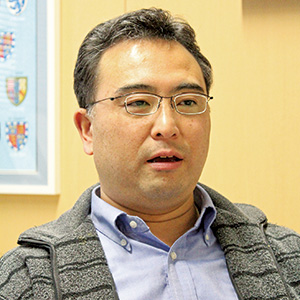
OKAWARA Masafumi
-
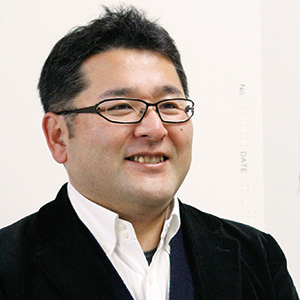
ONISHI Hiroshi
-
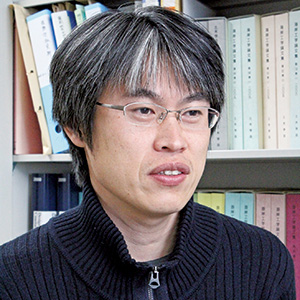
OGASAWARA Toshinori
-
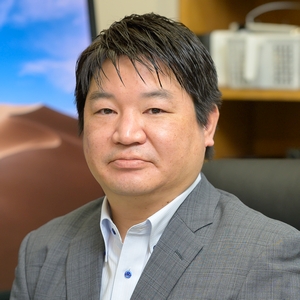
OKADA Shinsuke
-
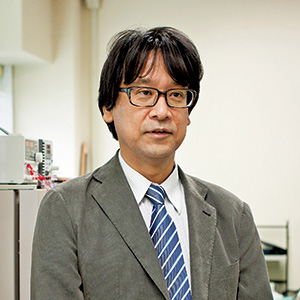
OSADA Hiroshi
-
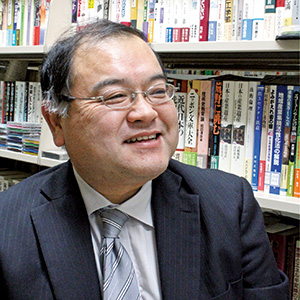
ONODERA Hideki
-
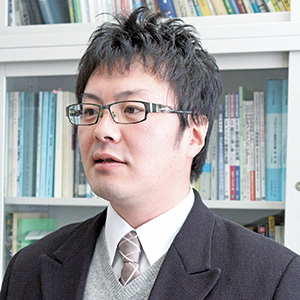
OYAMADA Tetsuya
-
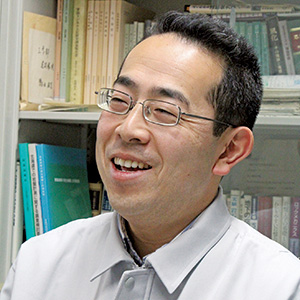
KAMOSHIDA Naoto
-
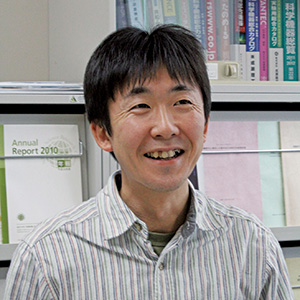
KIKUCHI Hiroaki
-
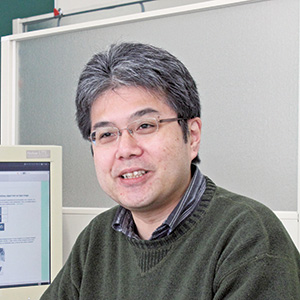
KIMURA Akio
-
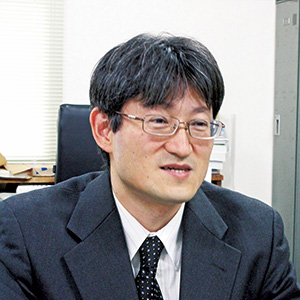
KOBAYASHI Koichiro
-

SASAKI Makoto
-
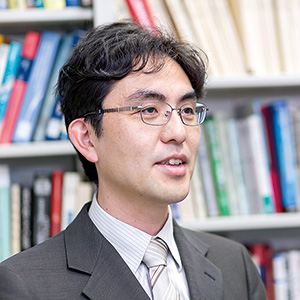
SATOH Atsushi
-
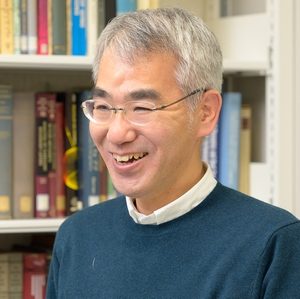
SHIBATA Takanori
-
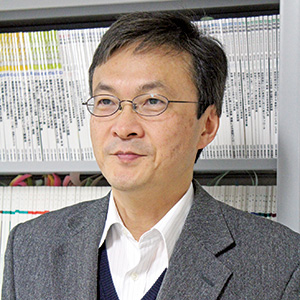
SHIMIZU Tomoharu
-
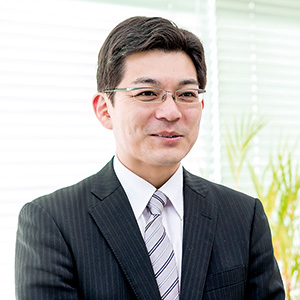
SUENAGA Yosuke
-
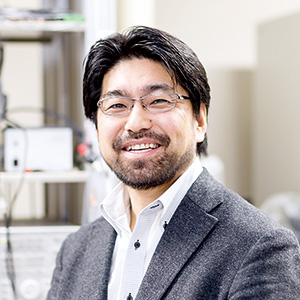
DAIBO Masahiro
-
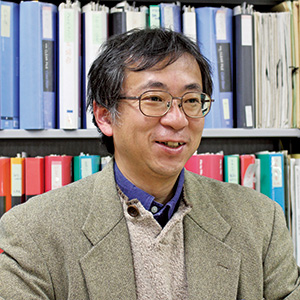
TAKAKI Koichi
-
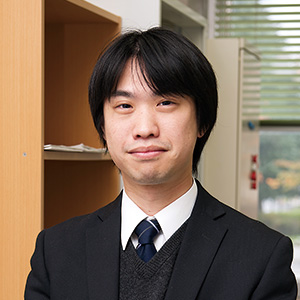
TAKAHASHI Katsuyuki
-
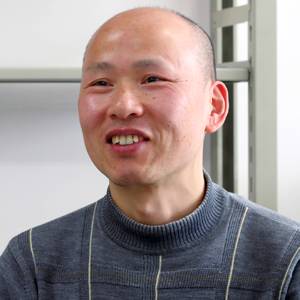
TAN Yiyu
-
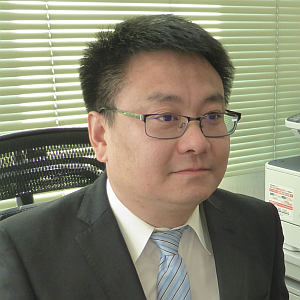
ZHANG Jianwei
-
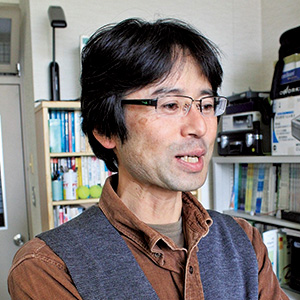
NAGATA Yoshifumi
-
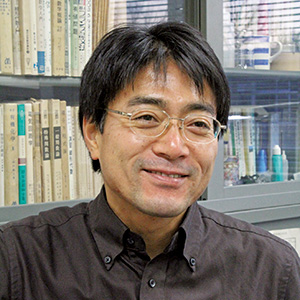
NISHIDATE Kazume
-
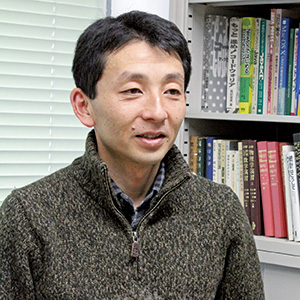
NISHIMURA Fumihito
-
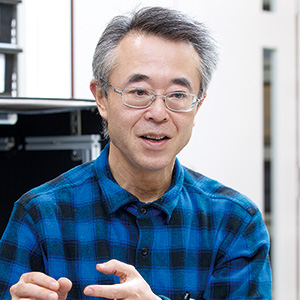
HAGIHARA Yoshihiro
-
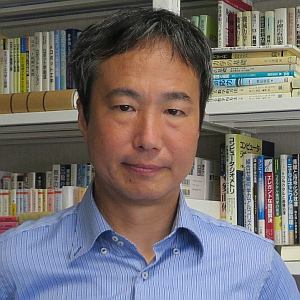
HANAHARA Kazuyuki
-
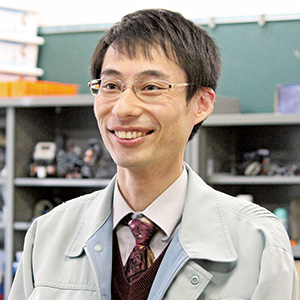
HIRAYAMA Takashi
-
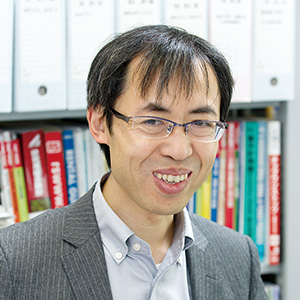
HONMA Naoki
-
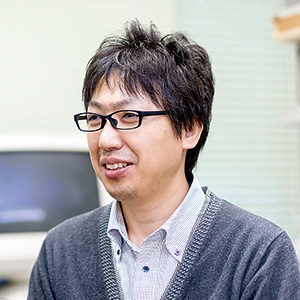
MIURA Kenji
-
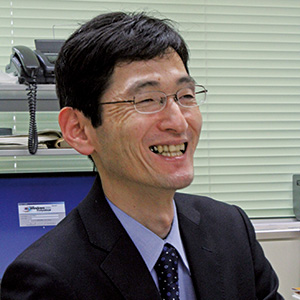
MIZUNO Masahiro
-
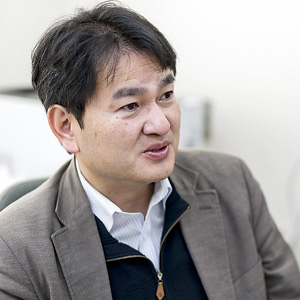
MINAMI Masaaki
-
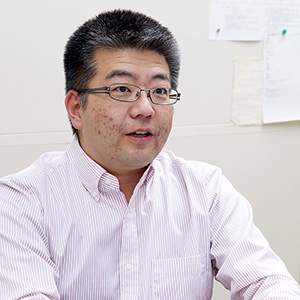
MIYOSHI Tasuku
-
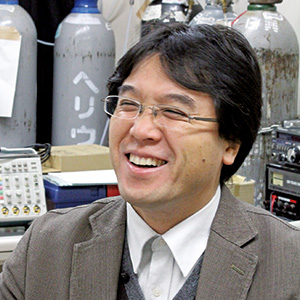
MUKAIGAWA Seiji
-
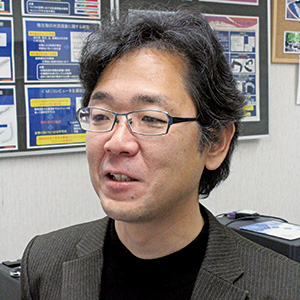
YANAOKA Hideki
-
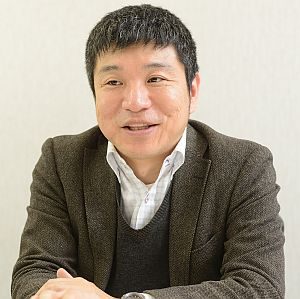
YAMADA Kazutoyo
-
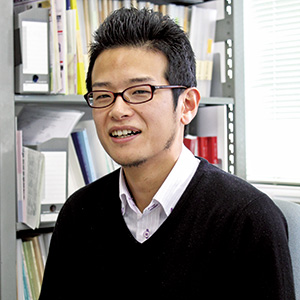
YAMANAKA Katsuhisa
-
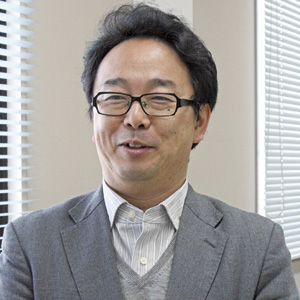
YAMAMOTO Hidekazu
-
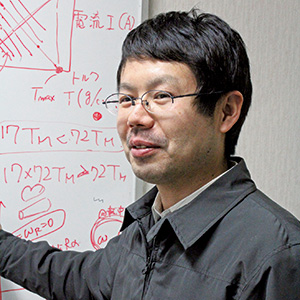
YUKAWA Toshihiro
-
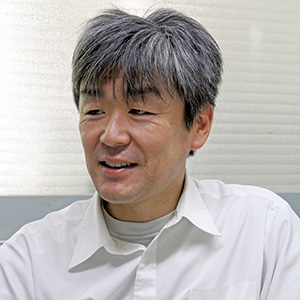
YOSHINO Yasuhiro
-
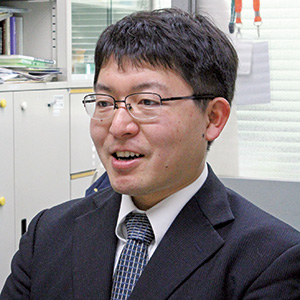
YOSHIHARA Nobuhito
-
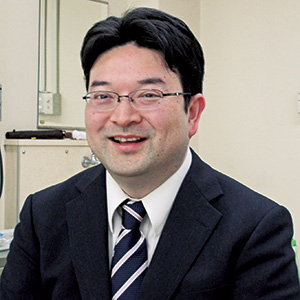
WAKI Hiroyuki


